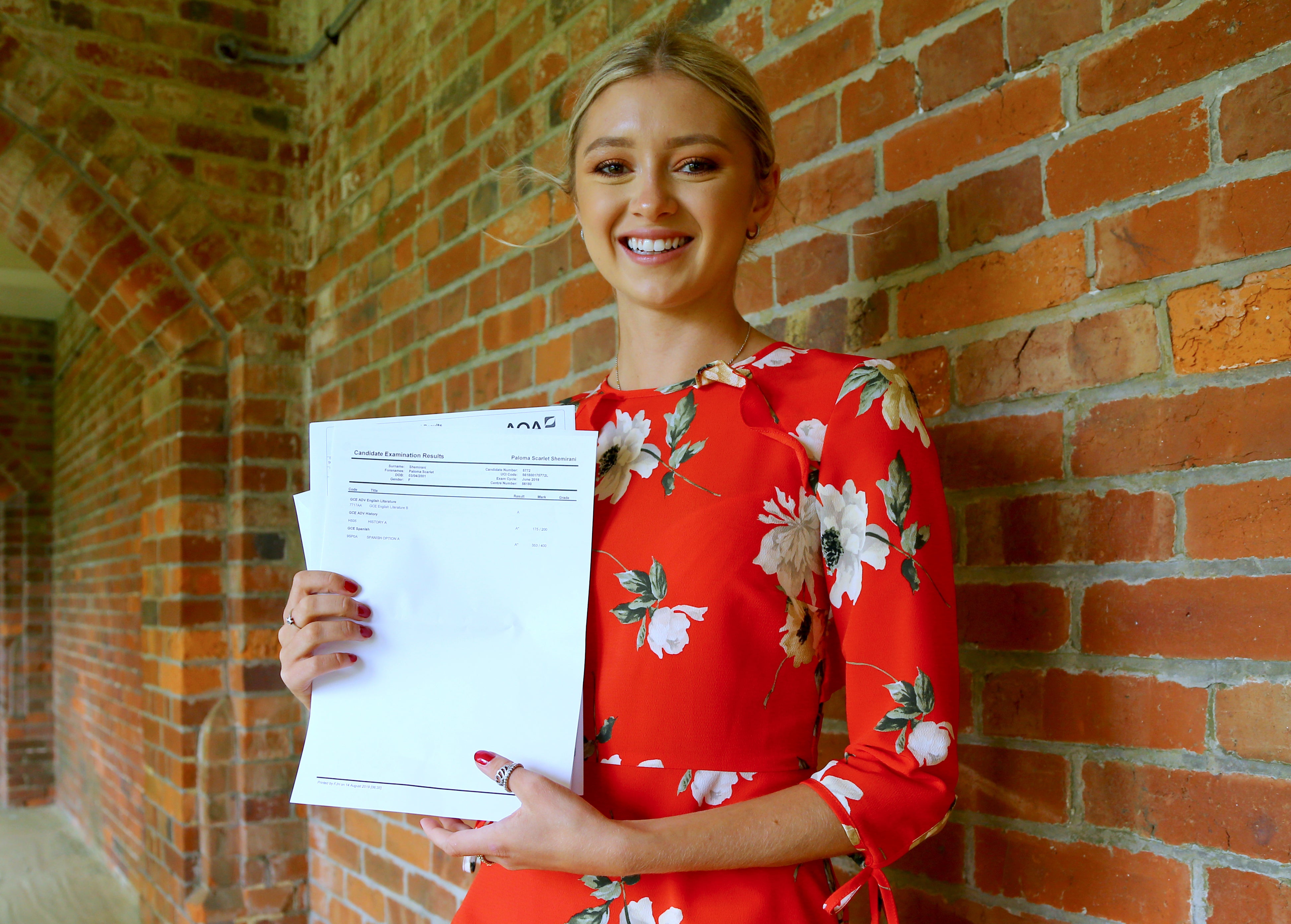Social media is swarming with false and misleading health advice on topics such as vaccines, reproductive health and disease outbreaks, experts have warned.
They say the surge of misinformation online as well as from AI tools, not only puts individual lives at risk but will lead to a sicker, less productive, UK population.
The London School of Hygiene & Tropical Medicine (LSHTM) said online content is persuading people to avoid childhood vaccinations, or take unproven treatments.
“Without tackling inaccurate or misleading health information we risk turning the clocks back and reversing decades of progress and the many benefits routine vaccination has brought in preventing diseases,” warned Professor Liam Smeeth Director of LSHTM.
Videos suggesting birth control could cause cancer or psychological side effects, the Measles Mumps and Rubella (MMR) vaccine causes autism in children or even that eating a meat only diet is healthier than eating fibre have been seen by the Independent on social media.

Videos highlighted in a previous Independent investigation about contraceptive pill misinformation, suggested that a herbal supplement called Queen Anne’s Lace could act as a contraceptive. Videos also promoted the idea that women should “detox” after stopping their birth control prescription - but doctors said this was not the case.
The false claim linking the MMR vaccine to autism is in a multitude of videos online posted by poorly informed parents.
Measles remains far more dangerous than any measles vaccine - an estimated 107,500 people died globally from measles in 2023, mostly unvaccinated or under-vaccinated children under five.
The uptake of vital vaccines are rapidly falling. The World Health Organisation (WHO) recommends that at least 95 per cent of children should receive vaccine doses for each illness to achieve herd immunity. However, none of the main childhood vaccines in England reached this target in 2024-2025, according to UK Health Security Agency.
Misinformation on the Covid vaccine is also still rife and it’s not just online. Cardiologist Dr Aseem Malhotra suggested at this month's Reform UK party conference, that Covid vaccines may have been linked to cancer in the Royal Family.

False health information can have catastrophic consequences with one example being 23-year-old Paloma Shemirani who died in 2024 after refusing chemotherapy. her brothers say her death is a result of anti-medicine conspiracy theories.
Professor Smeeth explained people no longer only seek advice from the NHS website or their GP - instead many have turned away from these trustworthy sources for social media and AI which provide advice without any medical training or oversight, and no accountability if things go wrong.
Experts at LSHTM are calling for universities, health organisations, charities, and funders to join a new network aimed at fighting dangerous health misinformation in the UK.
Professor Adam Kucharski at LSHTM warned there is also a lot of “technically-true-but-potentially-misleading content” online that spreads “faster than pathogens”.
He said: “We have to learn lessons from both the COVID-19 pandemic and what’s happening in the US and get better at acknowledging and communicating uncertainties or risk a ‘lost generation’ that don’t know where to turn for trustworthy health advice.
“It’s not enough for health experts and institutions to say ‘trust us’, we have to work to rebuild that trust by providing people with accessible high-quality health information that reflects their concerns and answers their questions.”







